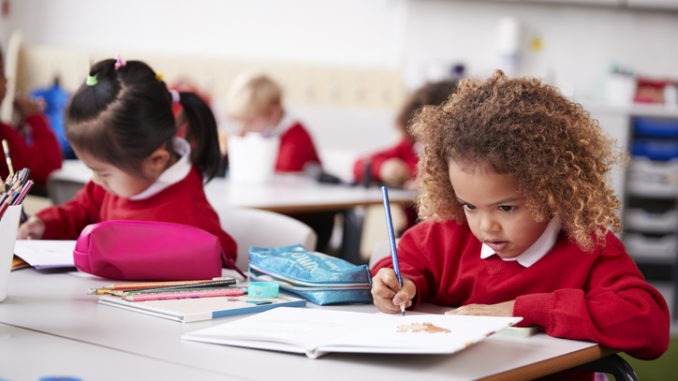
As reported by BBC news, longer school days and shorter holidays are among the measures the government is considering to help pupils in England catch up on lost learning, the education secretary has said
Gavin Williamson told the BBC ministers were looking at “how the school year runs” after the disruption of COVID. He also told Sky News a five-term year and changes to summer holidays were under consideration.
Asked by the BBC’s Andrew Marr whether the government was going to extend the school day, Williamson said: “I think we should be evidence-based and we’re looking at that, we’re looking at how the school year runs.”
Williamson also told Sky News’ Sophy Ridge that ministers were considering “a whole range of proposals”.
The education secretary was asked whether schools would remain open if the R number rose above one, which means the number of cases is continuing to increase.
“We are very much factoring in as part of the road map that actually schools will be staying open,” Williamson told the BBC.
“That is why we are taking a cautious approach because we intend for it to be an irreversible approach and that schools will continue to remain open.”
He also gave a guarantee that schools would return after the Easter holidays.
Dr Susan Hopkins, deputy director of Public Health England, said she did not think the reopening of schools should be paused if the R number rose above one. With three weeks before the Easter holiday, she told the BBC there would be time to look at the data “very carefully”.
She said the relationship between the number of cases and the number of deaths and hospitalisations would also change in the next phase of the pandemic because of the impact of vaccinations.
“Then we will be able to accept some cases in the community without needing further restrictions,” she added.
Dr Hopkins said measures such as the testing of pupils to find asymptomatic cases would also help to keep R “at the lowest level possible”.
Attendance at school is mandatory for all pupils – meaning they should not miss lessons without a valid reason. However, pupils who are shielding have been asked to remain at home for a bit longer.
Prime minister Boris Johnson said he was “very hopeful” the reopening of schools would go to plan.
“I think the risk is actually in not going back to school tomorrow, given all the suffering, all the loss of learning we have seen,” he added.
Secondary schools have been told that year groups can return on different days over the first week to allow for COVID testing. Secondary pupils will be tested three times in the first two weeks of school and will then be given two tests each week to use at home. These will be lateral flow tests, which involve taking a swab of the nose and throat and give a result within 30 minutes.
All primary and secondary school staff are also being offered twice-weekly rapid tests, and parents and carers can also get a twice-weekly test. However, concerns have been raised that false positive results could mean pupils and their families being forced to self-isolate unnecessarily.
Tests done at home require a confirmatory PCR test – which are more accurate – but Dr Hopkins said those taken at school would not because they are done in a “specialised environment and individuals are trained to deliver it”.
She added that evidence from lateral flow tests taken over the last eight weeks in real-life scenarios suggested the false positive rate was “extremely low” – less than one in 1,000.
Meanwhile, the National Education Union (NEU) has warned that secondary schools have struggled to get parental consent for testing of pupils, and said there needed to be a bigger ministerial push to encourage take-up.
Williamson said the rollout of testing in schools over the last few weeks suggested they had the “highest take-up of any employment setting around the country”.




Be the first to comment